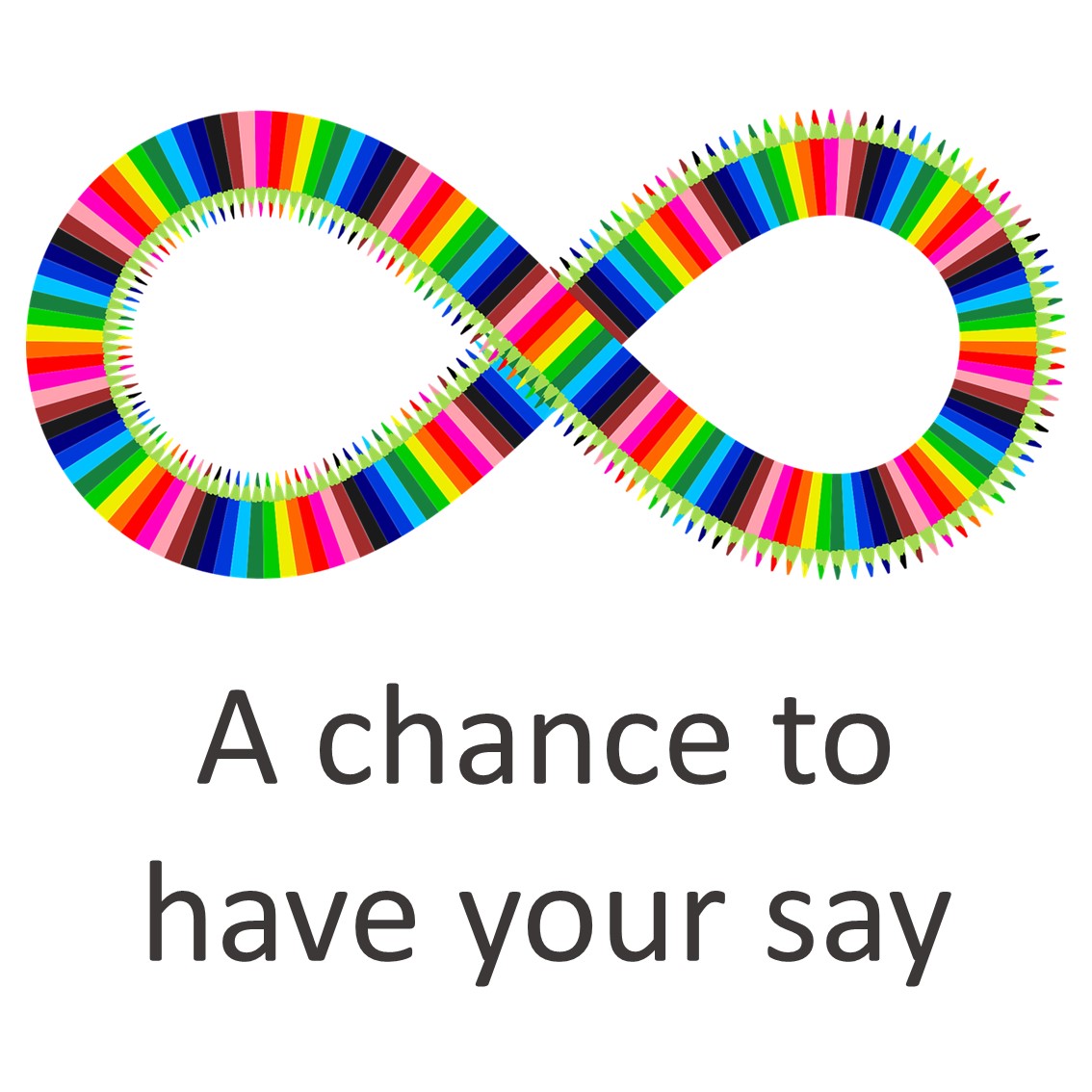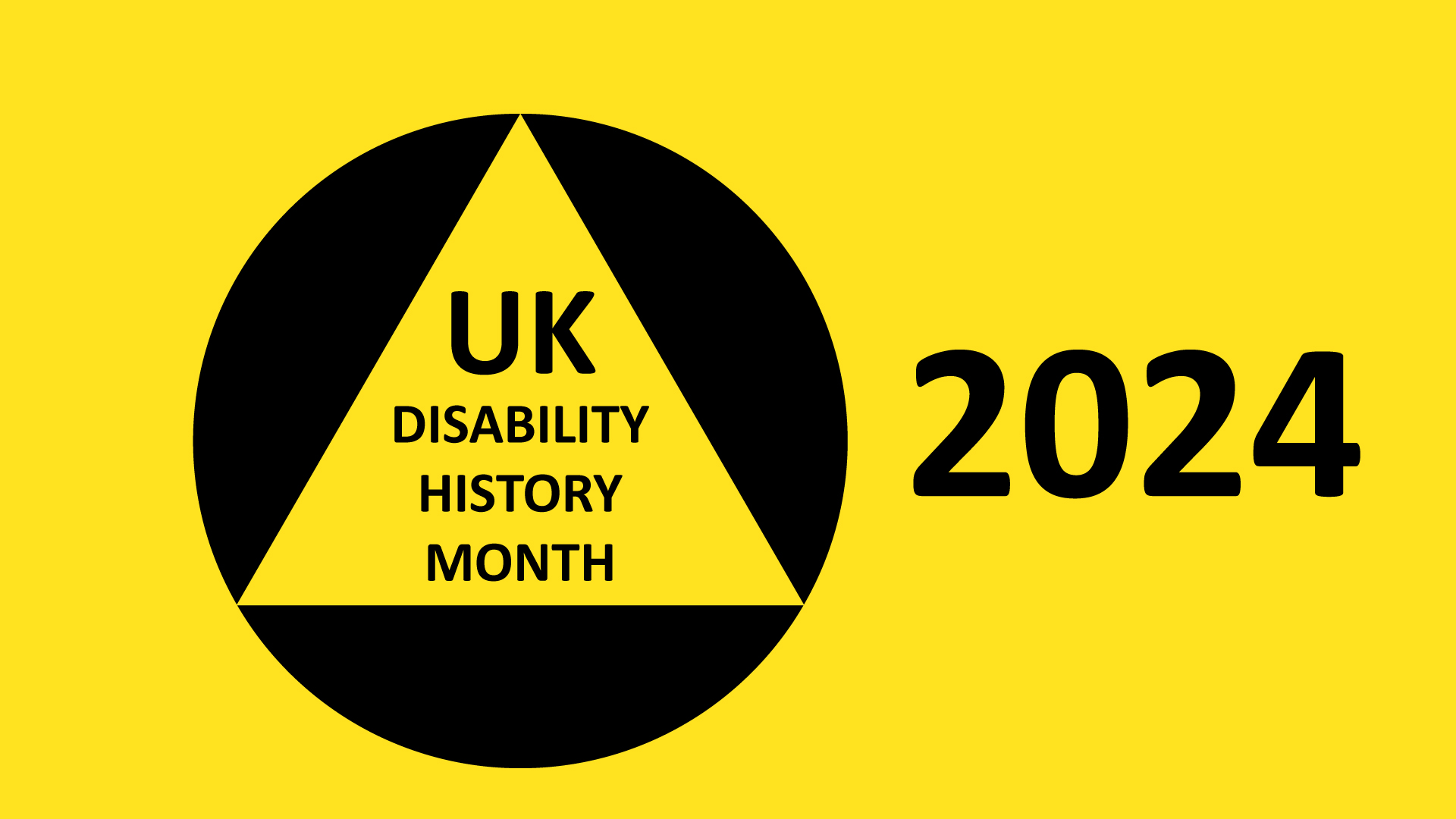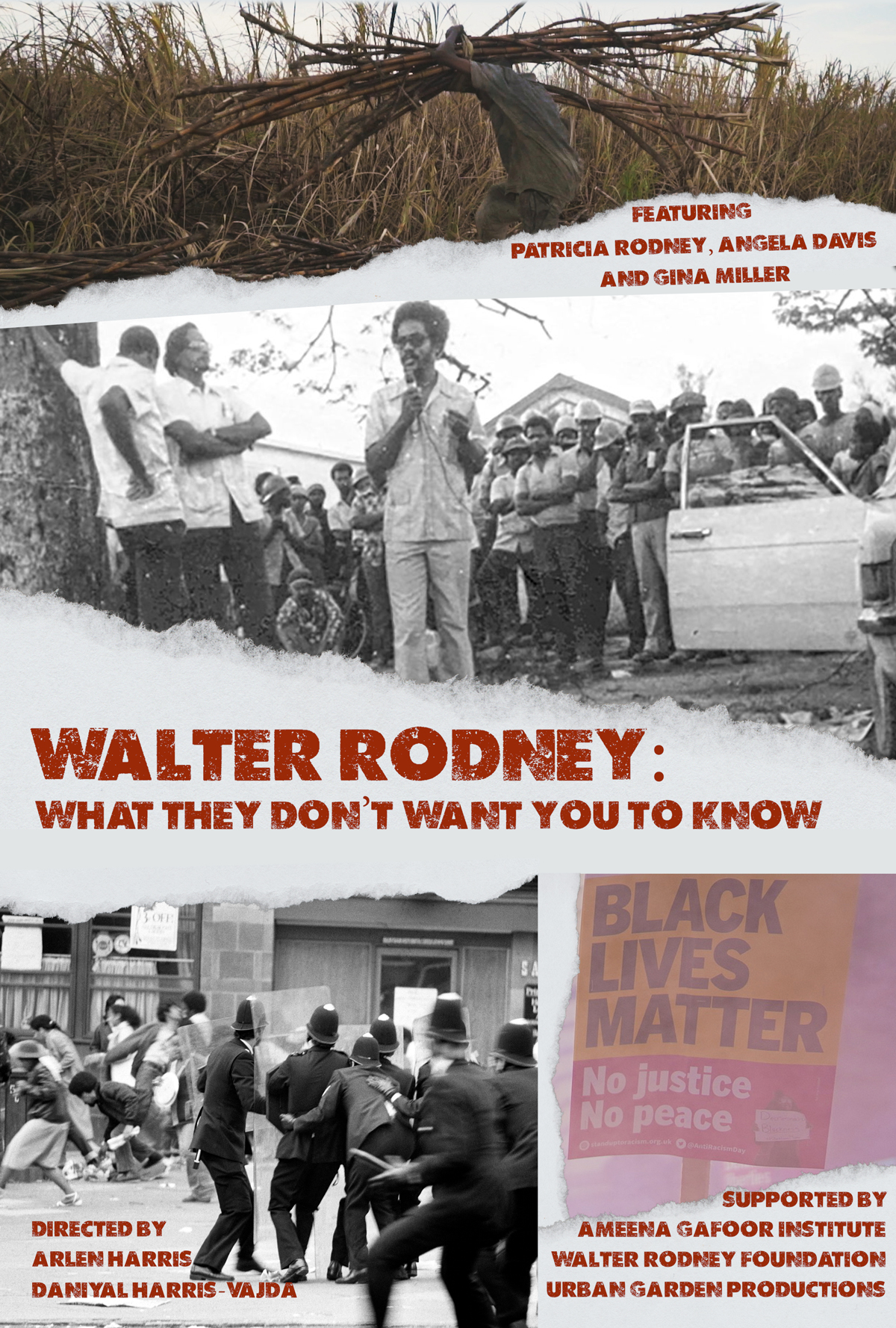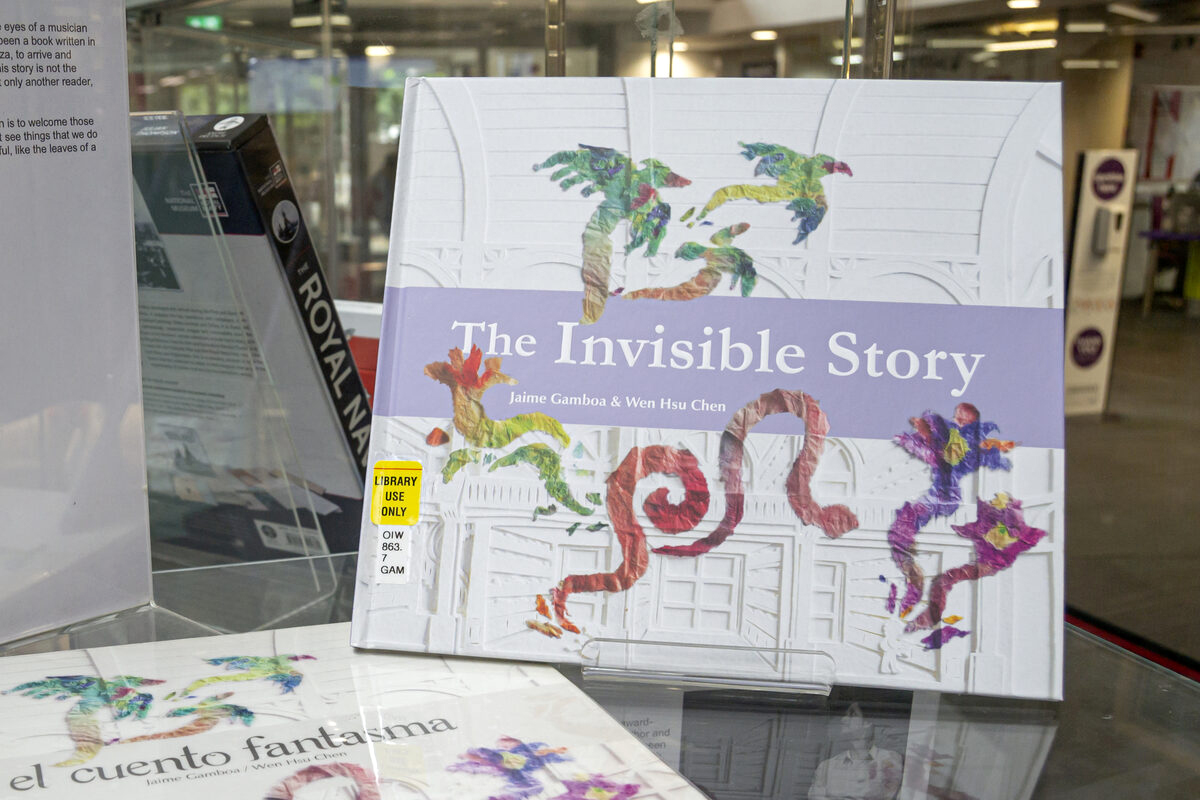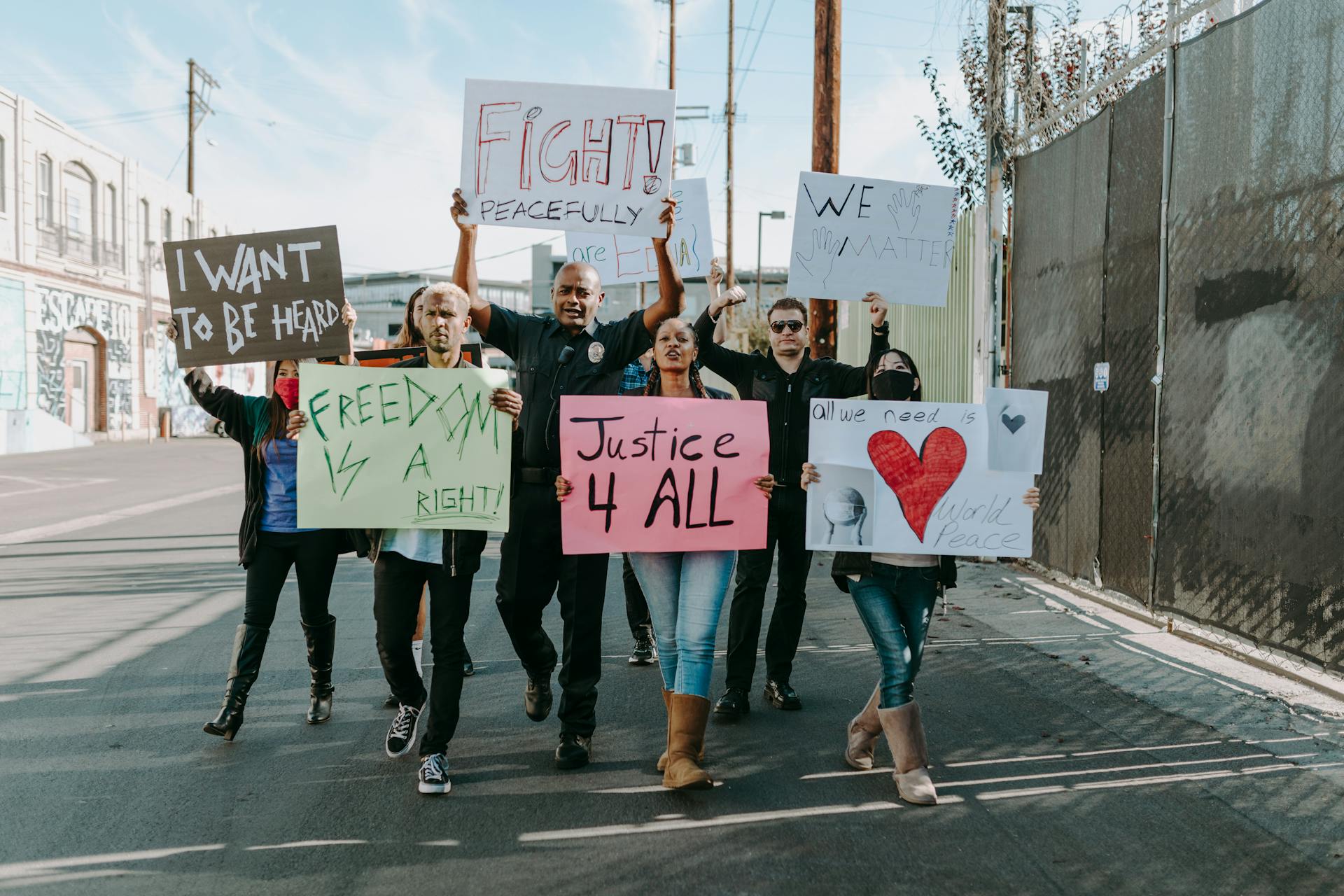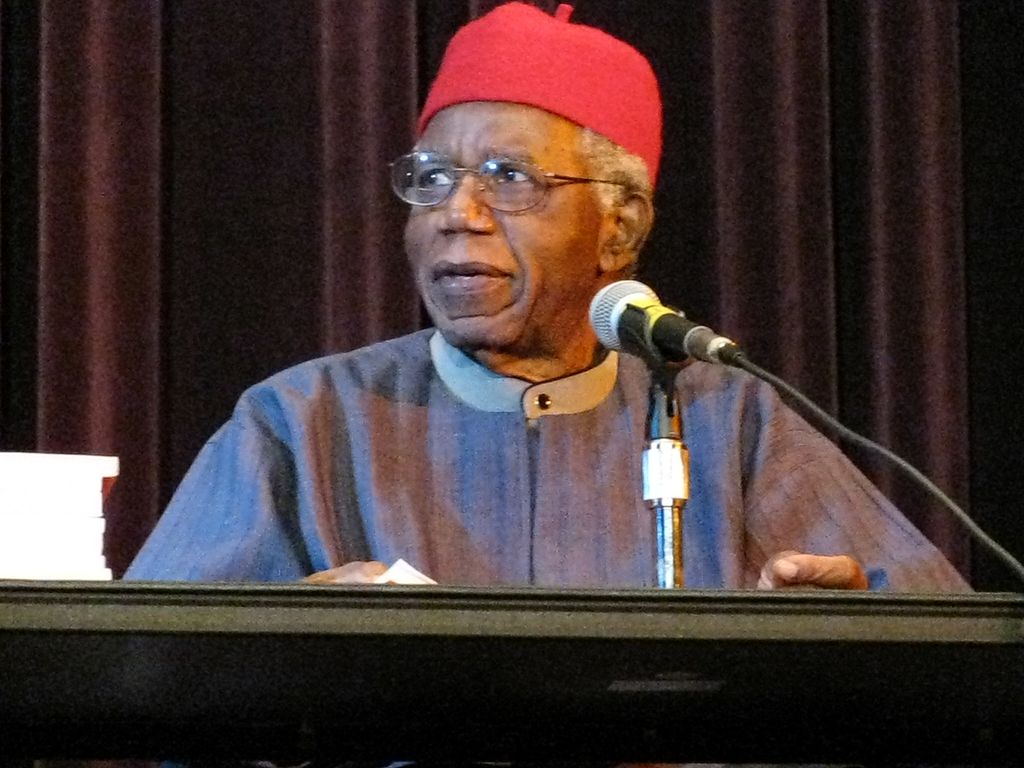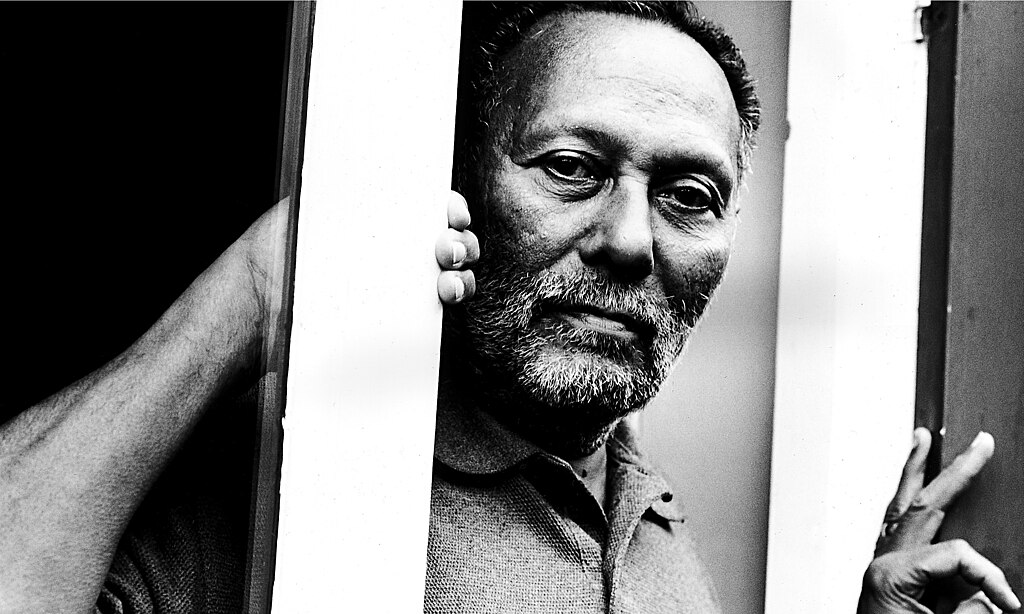Epub ebooks are coming… soon
A lot of lecturers and librarians then asked what was going to happen to all the links pointing to specific chapters/pages of these ebooks, because most reading lists rely on deep linking to work. EBSCO thought about this briefly, then came back to reassure everyone that they are going to make sure all these deep links continue to work after the change. This has meant that the introduction of the epub format ebooks has been delayed by a few weeks.


